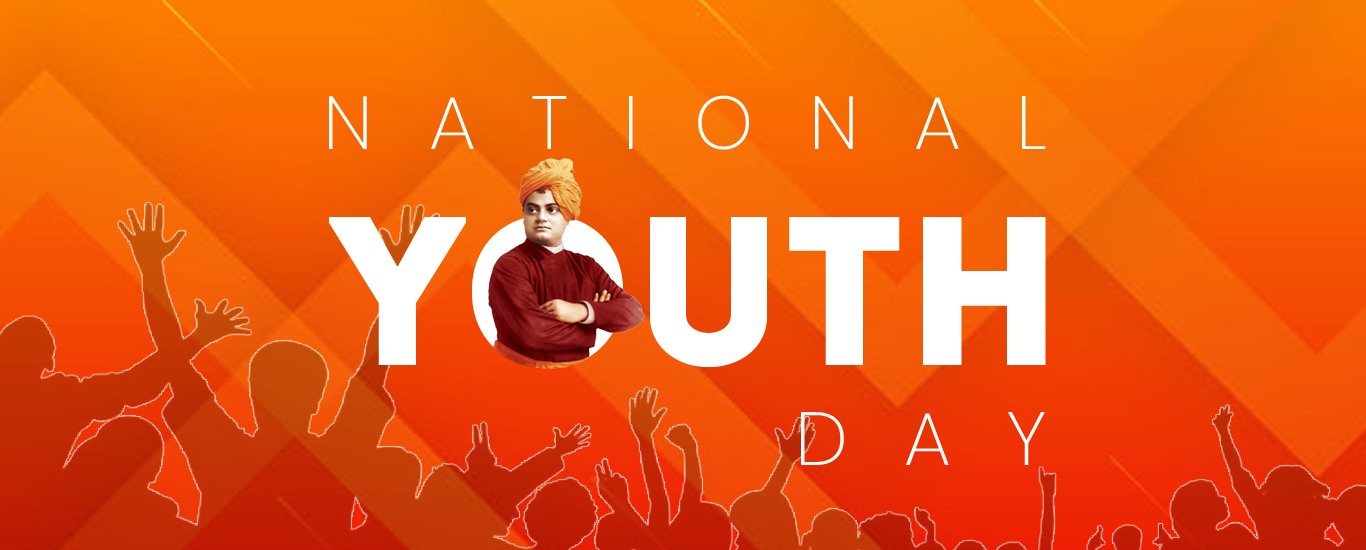100 Million Vaccine How this great to country like India
India has become one among the fastest countries in the world to administer 100 million doses of Covid-19 vaccines which was announced by the Union Health Ministry. The target was to achieve 100 million vaccine doses in 85 days.
At the same time the US took 89 days to administer 100 million doses of Covid-19 vaccine while China utilized 102 days to cross the same number.
As per the Ministry of Health and Family Welfare, India crossed inoculation of 100 crore vaccine doses. This milestone was attained in about 10 months after the inoculation drive which was undertaken on January 16.
The key focus of the Government of India is to completely vaccinate the country’s whole adult population by December this year. Apart from China, India has administered more vaccine doses than any other country in the world.
“The achievement is also a testimony of the ‘whole of society’ approach where individuals turned a deaf ear to rumors and propaganda of vested interests shunned their vaccine hesitancy and strengthened the hand of the administration in curbing Covid-19,” Health Ministry said.
“The extension of vaccine coverage to those above 45 years along with the recent provisions for them to get vaccinated at their workplaces (government and private) form a series of proactive, collaborative and coordinated steps taken by the Centre and the state governments for safety and prevention of precious lives from the infectious Covid disease,” it added.
Union health minister Mansukh Mandaviya said on Thursday congratulated the nation after India crossed the 100 crore inoculation mark. “Congratulations India! This is the result of the able leadership of visionary Prime Minister Narendra Modi,” Mansukh Mandaviya posted on Twitter.
More than 97.65 crore vaccine doses were administered to over 69.47 crore people as of October 16. And then 28.18 crore plus people were fully vaccinated by then.
India has administered 49 doses as per the population, 100 people while the same figure is above 100 for every G7 nation — Canada, France, US, UK, Germany, Italy, and Japan.

Prime Ministers Contribution
This massive attempt has been driven by Prime Minister Narendra Modi’s leadership and involved the central and state governments and the private sector including the last health worker at the grassroots level.
Prime Minister Narendra Modi was supported by State governments and experts across the country to open up the inoculation programme for all age groups in order to expand the pace of the drive. But still some administrations have complained about scarcity of vaccines over the past week, though this seems to be also a function of last mile issues within states. Government data accessed by HT on Saturday showed that a little under 40 million doses of the vaccine are either in stock with states or in the pipeline.
A meeting of the PM was scheduled with all chief ministers earlier this week. During the meeting a few of the state leaders pointed to the issue of lack of vaccines, but the Union health ministry said that vaccines are not given for an extended period such as a month but for a maximum of 7-8 days. It was also informed to the states that there is no shortage and replenishments will arrive every three or four days.

Support Of Health Staffs
The doctors, nurses, public health administrators and others of India have done a mind blowing job in supporting the vaccination programme and handling a secure momentum. The hard work of these workers in 70,000-plus vaccination centres across the country has to be appreciated, that we have been able to achieve such feats.
Dr Jacob John, former head of the department of virology at the Christian Medical College, Vellore, said, “We have been able to vaccinate less than 10% of the population in two-and-a-half months; so clearly we are not vaccinating enough. The need of the hour is for the government to assure people that the vaccine is safe because there is a lot of hesitancy.” He added that no matter how many people we immunise at the moment, it will not help in controlling the surge. “Controlling the spread of the infection was never our goal. Vaccinating those above the age of 60 and those with comorbidity, followed by people who are 45 years or older is aimed at reducing the number of deaths. If we had to control the spread of the infection, we would have to look at the people involved in the chain of transmission and vaccinate them. If we start doing that even today, it will be at least five weeks before there is any impact,” he said.
Dr Jugal Kishore, head of the department of community medicine at Safdarjung Hospital, said, “It is good that the vaccination drive is picking up pace, however, now there are places where the vaccines are not available. We don’t know how long the supply shortage will last. If we scale up the number of centres and timings without the doses we will be wasting our manpower that is already strained. We have undertaken a gigantic task, but if the government can’t deliver, it is better to open up to the private sector.”

Covid Protocols
The Covid protocol was kind of difficult to handle. We have gone through riskier public behaviour, we saw Covid fatigue, and many more.
The lockdown which was announced by the Prime Minister has helped India reduce the curve of transmission at a better level to livelihoods and the economy. But still the out of state workers had suffered staying in the large cities and wanted to go back to the relative safety and security of home, the fear of the virus moving to the heartlands of India has raised. Great fully, that didn’t come to pass. India resembled to have won the war against Covid.
The Indian story was analyzed by the Western media and wondered at why we had so few deaths, and why despite the number of cases, our death rates weren’t high. India’s media took up hype and went to town with theories. Actors, and cricketers, celebs famous for being famous, and other personalities whose presence would drive viewership – all declared about how we were ‘special’ and started thinking that we had some magical immunity that guarded us.
India is ready to rejoice this historic achievement – Health Minister Mansukh Mandaviya will initiate a film and song at capital Delhi’s Red Fort.



